Leukemia Cancer
Hearing the words “You are in remission” is one of the greatest milestones in any leukemia survivor’s journey. After months or years of chemotherapy, hospital visits, and emotional challenges, completing treatment feels like finishing a marathon you never trained for. Yet, many survivors are surprised to learn that remission is not the final chapter. Instead, it marks the beginning of a new phase—one focused on long-term health, emotional recovery, and rebuilding strength.
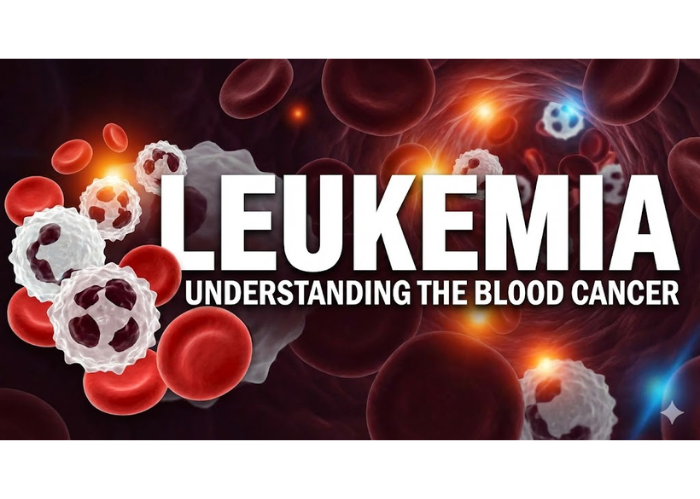
Life after leukemia comes with hope, gratitude, and a renewed sense of purpose, but it also brings questions. How often should I visit my oncologist? What long-term effects should I watch for? How do I regain energy, confidence, and normalcy? These questions are completely normal. Survivorship isn’t about living in fear—it’s about staying informed, taking control of your well-being, and receiving the right guidance from your medical team.
If you’re in Kakinada or nearby areas, consulting a trusted specialist—such as a best oncologist in Kakinada or a best cancer specialist in Kakinada—can ensure that your post-treatment care is customized to your needs. This guide will help you understand what to expect after completing leukemia treatment in Kakinada or anywhere else, and how you can build a healthier, stronger future.
Understanding Your Follow-Up Care Plan
Follow-up visits are the foundation of post-treatment care. They act as your body’s health-monitoring system—quietly ensuring that everything is on track.
Getting your follow-up care at a well-equipped cancer hospital in Kakinada ensures that you receive accurate monitoring, advanced diagnostics, and timely support from an experienced oncology team. Survivors benefit greatly from structured follow-up schedules handled by specialists who understand leukemia recovery in depth.
Typical Follow-Up Schedule
Your oncologist may recommend:
- Every 3–4 months during the first year
- Every 4–6 months during the second year
- Once a year after 3–5 years, depending on your leukemia type
Patients who underwent stem cell transplantation or targeted therapy may need more frequent monitoring. A personalized follow-up plan from your doctor—ideally from an experienced oncology team such as those available in Kakinada—helps you stay protected.
Long-Term Side Effects: Staying Alert & Prepared
Your body has fought a tough battle, and recovery takes time. Understanding long-term effects ensures early detection and timely management.
Chemotherapy can temporarily weaken your immune system, making you more prone to infections and slow healing. Some survivors may experience heart-related changes due to specific chemotherapy drugs, and fertility concerns may arise depending on age and treatment type. Cognitive effects—often called “chemo brain”—may cause forgetfulness or difficulty concentrating but usually improve gradually. Being aware of these possibilities helps you take control of your health and seek timely support whenever needed.
Rebuilding Your Physical Strength
Regaining strength after treatment is a slow and steady journey. Start with light activities such as walking for 10–15 minutes, gentle stretching, or swimming. As your stamina improves, increase your routine gradually without forcing your body beyond its limits.
Nutrition plays an equally important role in recovery. Fuel your body with lean proteins, whole grains, colorful vegetables, and healthy fats. If you have changes in appetite or taste, consult a nutritionist who understands cancer survivorship. Every step you take—even small ones—helps rebuild your physical confidence.
Your Emotional Healing Matters Too
Emotional recovery is just as important as your physical healing, and for many survivors, it can take even longer. Finishing treatment brings relief, but it may also open the door to feelings you did not have time to process during chemotherapy. Fear of recurrence, anxiety before checkups, sadness, frustration, mood swings, or even survivor’s guilt are all common and completely normal. Many survivors describe this period as trying to reconnect with a version of themselves that feels changed by the cancer experience. These emotions do not mean something is wrong with you—they mean you are human. Talking to a counselor, joining a survivor support group, practicing meditation, or simply having an honest conversation with someone you trust can make a significant difference. Journaling or spending quiet time reflecting on your thoughts also helps bring clarity. The most important thing to remember is that emotional healing is a slow, layered process. Give yourself time, patience, and compassion as you adjust to life after leukemia.
Lean on Your Support Network
No survivor should walk this journey alone, and having a strong support system plays a crucial role in your long-term wellness. Your support network includes your oncologist, primary care doctor, nurses, mental health professionals, family, friends, and fellow survivors.
Many survivors in the region feel more secure when their care continues at a compassionate, patient-centered Kakinada cancer hospital. These hospitals provide access to trained oncology nurses, counselors, and survivorship coordinators who understand the emotional and physical challenges that follow leukemia treatment.
Each person contributes something unique—medical guidance, emotional comfort, practical help, or simply companionship when you need someone to listen. Sometimes, cancer changes your relationships and shows you who truly stands beside you. It is perfectly okay to set boundaries with people who may not understand what you need and to communicate openly with those who want to support you but may not know how.
Leaning on your network does not make you dependent; it makes you stronger. Knowing you have a team—both medical and personal—gives you the stability and confidence to move forward with hope, courage, and resilience.
The Road Ahead: Thriving Beyond Leukemia
Life after leukemia is filled with possibilities. With proper follow-up, healthy habits, emotional support, and guidance from an experienced specialist—such as a best oncologist in Kakinada—you can move into this new chapter with confidence and strength. Celebrate every small step forward. Survivorship is not a destination; it’s a journey of healing, rediscovery, and resilience.
Frequently Asked Questions (FAQs)
1. How often should I visit my doctor after leukemia treatment?
Usually every 3–4 months in the first year, then every 6 months, and later once a year—depending on your leukemia type and recovery.
2. Can long-term side effects appear years later?
Yes. Heart changes, hormonal imbalances, or cognitive issues may appear later. Regular checkups help catch them early.
3. How long does immune recovery take?
It varies widely. Some people recover within months, while others—especially after stem cell transplant—may take longer.
4. Can I exercise after completing leukemia treatment?
Yes, but start slowly. Gentle walking, stretching, and low-impact activities are ideal in the early stages.
5. Where can I get leukemia treatment in Kakinada?
Kakinada has several reputed cancer care centers. Consulting a best cancer specialist in Kakinada ensures personalized leukemia treatment and survivorship guidance.
Leukemia Cancer
Hearing the words “You are in remission” is one of the greatest milestones in any leukemia survivor’s journey. After months or years of chemotherapy, hospital visits, and emotional challenges, completing treatment feels like finishing a marathon you never trained for. Yet, many survivors are surprised to learn that remission is not the final chapter. Instead, it marks the beginning of a new phase—one focused on long-term health, emotional recovery, and rebuilding strength.

Life after leukemia comes with hope, gratitude, and a renewed sense of purpose, but it also brings questions. How often should I visit my oncologist? What long-term effects should I watch for? How do I regain energy, confidence, and normalcy? These questions are completely normal. Survivorship isn’t about living in fear—it’s about staying informed, taking control of your well-being, and receiving the right guidance from your medical team.
If you’re in Kakinada or nearby areas, consulting a trusted specialist—such as a best oncologist in Kakinada or a best cancer specialist in Kakinada—can ensure that your post-treatment care is customized to your needs. This guide will help you understand what to expect after completing leukemia treatment in Kakinada or anywhere else, and how you can build a healthier, stronger future.
Understanding Your Follow-Up Care Plan
Follow-up visits are the foundation of post-treatment care. They act as your body’s health-monitoring system—quietly ensuring that everything is on track.
Getting your follow-up care at a well-equipped cancer hospital in Kakinada ensures that you receive accurate monitoring, advanced diagnostics, and timely support from an experienced oncology team. Survivors benefit greatly from structured follow-up schedules handled by specialists who understand leukemia recovery in depth.
Typical Follow-Up Schedule
Your oncologist may recommend:
- Every 3–4 months during the first year
- Every 4–6 months during the second year
- Once a year after 3–5 years, depending on your leukemia type
Patients who underwent stem cell transplantation or targeted therapy may need more frequent monitoring. A personalized follow-up plan from your doctor—ideally from an experienced oncology team such as those available in Kakinada—helps you stay protected.
Long-Term Side Effects: Staying Alert & Prepared
Your body has fought a tough battle, and recovery takes time. Understanding long-term effects ensures early detection and timely management.
Chemotherapy can temporarily weaken your immune system, making you more prone to infections and slow healing. Some survivors may experience heart-related changes due to specific chemotherapy drugs, and fertility concerns may arise depending on age and treatment type. Cognitive effects—often called “chemo brain”—may cause forgetfulness or difficulty concentrating but usually improve gradually. Being aware of these possibilities helps you take control of your health and seek timely support whenever needed.
Rebuilding Your Physical Strength
Regaining strength after treatment is a slow and steady journey. Start with light activities such as walking for 10–15 minutes, gentle stretching, or swimming. As your stamina improves, increase your routine gradually without forcing your body beyond its limits.
Nutrition plays an equally important role in recovery. Fuel your body with lean proteins, whole grains, colorful vegetables, and healthy fats. If you have changes in appetite or taste, consult a nutritionist who understands cancer survivorship. Every step you take—even small ones—helps rebuild your physical confidence.
Your Emotional Healing Matters Too
Emotional recovery is just as important as your physical healing, and for many survivors, it can take even longer. Finishing treatment brings relief, but it may also open the door to feelings you did not have time to process during chemotherapy. Fear of recurrence, anxiety before checkups, sadness, frustration, mood swings, or even survivor’s guilt are all common and completely normal. Many survivors describe this period as trying to reconnect with a version of themselves that feels changed by the cancer experience. These emotions do not mean something is wrong with you—they mean you are human. Talking to a counselor, joining a survivor support group, practicing meditation, or simply having an honest conversation with someone you trust can make a significant difference. Journaling or spending quiet time reflecting on your thoughts also helps bring clarity. The most important thing to remember is that emotional healing is a slow, layered process. Give yourself time, patience, and compassion as you adjust to life after leukemia.
Lean on Your Support Network
No survivor should walk this journey alone, and having a strong support system plays a crucial role in your long-term wellness. Your support network includes your oncologist, primary care doctor, nurses, mental health professionals, family, friends, and fellow survivors.
Many survivors in the region feel more secure when their care continues at a compassionate, patient-centered Kakinada cancer hospital. These hospitals provide access to trained oncology nurses, counselors, and survivorship coordinators who understand the emotional and physical challenges that follow leukemia treatment.
Each person contributes something unique—medical guidance, emotional comfort, practical help, or simply companionship when you need someone to listen. Sometimes, cancer changes your relationships and shows you who truly stands beside you. It is perfectly okay to set boundaries with people who may not understand what you need and to communicate openly with those who want to support you but may not know how.
Leaning on your network does not make you dependent; it makes you stronger. Knowing you have a team—both medical and personal—gives you the stability and confidence to move forward with hope, courage, and resilience.
The Road Ahead: Thriving Beyond Leukemia
Life after leukemia is filled with possibilities. With proper follow-up, healthy habits, emotional support, and guidance from an experienced specialist—such as a best oncologist in Kakinada—you can move into this new chapter with confidence and strength. Celebrate every small step forward. Survivorship is not a destination; it’s a journey of healing, rediscovery, and resilience.
Frequently Asked Questions (FAQs)
1. How often should I visit my doctor after leukemia treatment?
Usually every 3–4 months in the first year, then every 6 months, and later once a year—depending on your leukemia type and recovery.
2. Can long-term side effects appear years later?
Yes. Heart changes, hormonal imbalances, or cognitive issues may appear later. Regular checkups help catch them early.
3. How long does immune recovery take?
It varies widely. Some people recover within months, while others—especially after stem cell transplant—may take longer.
4. Can I exercise after completing leukemia treatment?
Yes, but start slowly. Gentle walking, stretching, and low-impact activities are ideal in the early stages.
5. Where can I get leukemia treatment in Kakinada?
Kakinada has several reputed cancer care centers. Consulting a best cancer specialist in Kakinada ensures personalized leukemia treatment and survivorship guidance.
📝 Latest Comments
Name: * * * <a href="http://toyolift.com/?ihpf6v">$3,222 payment available</a> * * * hs=0c211aec7aa79fbb10bbb1714e53cd5a* ххх*
Comment: m36blj
Name: * * * $3,222 credit available! Confirm your transaction here: http://toyolift.com/?ihpf6v * * * hs=0c211aec7aa79fbb10bbb1714e53cd5a* ххх*
Comment: m36blj
Name: * * * <a href="http://toyolift.com/?ihpf6v">$3,222 credit available</a> * * * hs=0c211aec7aa79fbb10bbb1714e53cd5a* ххх*
Comment: vgu05t
Name: * * * $3,222 payment available! Confirm your transfer here: http://toyolift.com/?ihpf6v * * * hs=0c211aec7aa79fbb10bbb1714e53cd5a* ххх*
Comment: vgu05t
Name: * * * <a href="http://toyolift.com/?ihpf6v">$3,222 credit available</a> * * * hs=0c211aec7aa79fbb10bbb1714e53cd5a* ххх*
Comment: qnmsb9
Name: * * * $3,222 payment available! Confirm your transfer here: http://toyolift.com/?ihpf6v * * * hs=0c211aec7aa79fbb10bbb1714e53cd5a* ххх*
Comment: qnmsb9
Leukemia Cancer
Hearing the words “You are in remission” is one of the greatest milestones in any leukemia survivor’s journey. After months or years of chemotherapy, hospital visits, and emotional challenges, completing treatment feels like finishing a marathon you never trained for. Yet, many survivors are surprised to learn that remission is not the final chapter. Instead, it marks the beginning of a new phase—one focused on long-term health, emotional recovery, and rebuilding strength.

Life after leukemia comes with hope, gratitude, and a renewed sense of purpose, but it also brings questions. How often should I visit my oncologist? What long-term effects should I watch for? How do I regain energy, confidence, and normalcy? These questions are completely normal. Survivorship isn’t about living in fear—it’s about staying informed, taking control of your well-being, and receiving the right guidance from your medical team.
If you’re in Kakinada or nearby areas, consulting a trusted specialist—such as a best oncologist in Kakinada or a best cancer specialist in Kakinada—can ensure that your post-treatment care is customized to your needs. This guide will help you understand what to expect after completing leukemia treatment in Kakinada or anywhere else, and how you can build a healthier, stronger future.
Understanding Your Follow-Up Care Plan
Follow-up visits are the foundation of post-treatment care. They act as your body’s health-monitoring system—quietly ensuring that everything is on track.
Getting your follow-up care at a well-equipped cancer hospital in Kakinada ensures that you receive accurate monitoring, advanced diagnostics, and timely support from an experienced oncology team. Survivors benefit greatly from structured follow-up schedules handled by specialists who understand leukemia recovery in depth.
Typical Follow-Up Schedule
Your oncologist may recommend:
- Every 3–4 months during the first year
- Every 4–6 months during the second year
- Once a year after 3–5 years, depending on your leukemia type
Patients who underwent stem cell transplantation or targeted therapy may need more frequent monitoring. A personalized follow-up plan from your doctor—ideally from an experienced oncology team such as those available in Kakinada—helps you stay protected.
Long-Term Side Effects: Staying Alert & Prepared
Your body has fought a tough battle, and recovery takes time. Understanding long-term effects ensures early detection and timely management.
Chemotherapy can temporarily weaken your immune system, making you more prone to infections and slow healing. Some survivors may experience heart-related changes due to specific chemotherapy drugs, and fertility concerns may arise depending on age and treatment type. Cognitive effects—often called “chemo brain”—may cause forgetfulness or difficulty concentrating but usually improve gradually. Being aware of these possibilities helps you take control of your health and seek timely support whenever needed.
Rebuilding Your Physical Strength
Regaining strength after treatment is a slow and steady journey. Start with light activities such as walking for 10–15 minutes, gentle stretching, or swimming. As your stamina improves, increase your routine gradually without forcing your body beyond its limits.
Nutrition plays an equally important role in recovery. Fuel your body with lean proteins, whole grains, colorful vegetables, and healthy fats. If you have changes in appetite or taste, consult a nutritionist who understands cancer survivorship. Every step you take—even small ones—helps rebuild your physical confidence.
Your Emotional Healing Matters Too
Emotional recovery is just as important as your physical healing, and for many survivors, it can take even longer. Finishing treatment brings relief, but it may also open the door to feelings you did not have time to process during chemotherapy. Fear of recurrence, anxiety before checkups, sadness, frustration, mood swings, or even survivor’s guilt are all common and completely normal. Many survivors describe this period as trying to reconnect with a version of themselves that feels changed by the cancer experience. These emotions do not mean something is wrong with you—they mean you are human. Talking to a counselor, joining a survivor support group, practicing meditation, or simply having an honest conversation with someone you trust can make a significant difference. Journaling or spending quiet time reflecting on your thoughts also helps bring clarity. The most important thing to remember is that emotional healing is a slow, layered process. Give yourself time, patience, and compassion as you adjust to life after leukemia.
Lean on Your Support Network
No survivor should walk this journey alone, and having a strong support system plays a crucial role in your long-term wellness. Your support network includes your oncologist, primary care doctor, nurses, mental health professionals, family, friends, and fellow survivors.
Many survivors in the region feel more secure when their care continues at a compassionate, patient-centered Kakinada cancer hospital. These hospitals provide access to trained oncology nurses, counselors, and survivorship coordinators who understand the emotional and physical challenges that follow leukemia treatment.
Each person contributes something unique—medical guidance, emotional comfort, practical help, or simply companionship when you need someone to listen. Sometimes, cancer changes your relationships and shows you who truly stands beside you. It is perfectly okay to set boundaries with people who may not understand what you need and to communicate openly with those who want to support you but may not know how.
Leaning on your network does not make you dependent; it makes you stronger. Knowing you have a team—both medical and personal—gives you the stability and confidence to move forward with hope, courage, and resilience.
The Road Ahead: Thriving Beyond Leukemia
Life after leukemia is filled with possibilities. With proper follow-up, healthy habits, emotional support, and guidance from an experienced specialist—such as a best oncologist in Kakinada—you can move into this new chapter with confidence and strength. Celebrate every small step forward. Survivorship is not a destination; it’s a journey of healing, rediscovery, and resilience.
Frequently Asked Questions (FAQs)
1. How often should I visit my doctor after leukemia treatment?
Usually every 3–4 months in the first year, then every 6 months, and later once a year—depending on your leukemia type and recovery.
2. Can long-term side effects appear years later?
Yes. Heart changes, hormonal imbalances, or cognitive issues may appear later. Regular checkups help catch them early.
3. How long does immune recovery take?
It varies widely. Some people recover within months, while others—especially after stem cell transplant—may take longer.
4. Can I exercise after completing leukemia treatment?
Yes, but start slowly. Gentle walking, stretching, and low-impact activities are ideal in the early stages.
5. Where can I get leukemia treatment in Kakinada?
Kakinada has several reputed cancer care centers. Consulting a best cancer specialist in Kakinada ensures personalized leukemia treatment and survivorship guidance.
📝 Latest Comments
Name: * * * <a href="http://toyolift.com/?ihpf6v">$3,222 payment available</a> * * * hs=0c211aec7aa79fbb10bbb1714e53cd5a* ххх*
Comment: m36blj
Name: * * * $3,222 credit available! Confirm your transaction here: http://toyolift.com/?ihpf6v * * * hs=0c211aec7aa79fbb10bbb1714e53cd5a* ххх*
Comment: m36blj
Name: * * * <a href="http://toyolift.com/?ihpf6v">$3,222 credit available</a> * * * hs=0c211aec7aa79fbb10bbb1714e53cd5a* ххх*
Comment: vgu05t
Name: * * * $3,222 payment available! Confirm your transfer here: http://toyolift.com/?ihpf6v * * * hs=0c211aec7aa79fbb10bbb1714e53cd5a* ххх*
Comment: vgu05t
Name: * * * <a href="http://toyolift.com/?ihpf6v">$3,222 credit available</a> * * * hs=0c211aec7aa79fbb10bbb1714e53cd5a* ххх*
Comment: qnmsb9
Name: * * * $3,222 payment available! Confirm your transfer here: http://toyolift.com/?ihpf6v * * * hs=0c211aec7aa79fbb10bbb1714e53cd5a* ххх*
Comment: qnmsb9
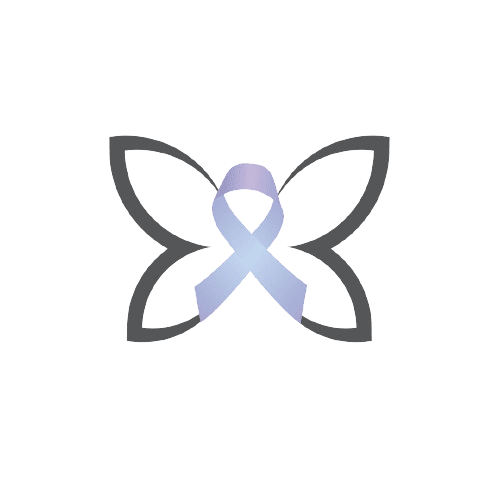
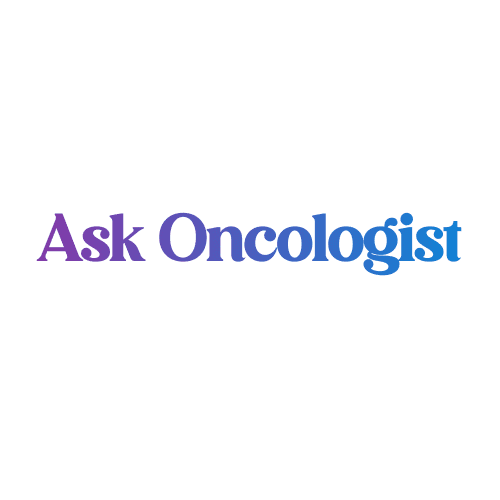


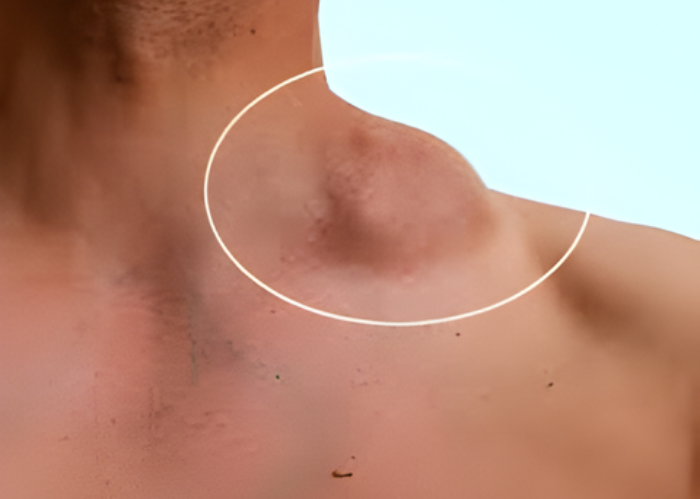
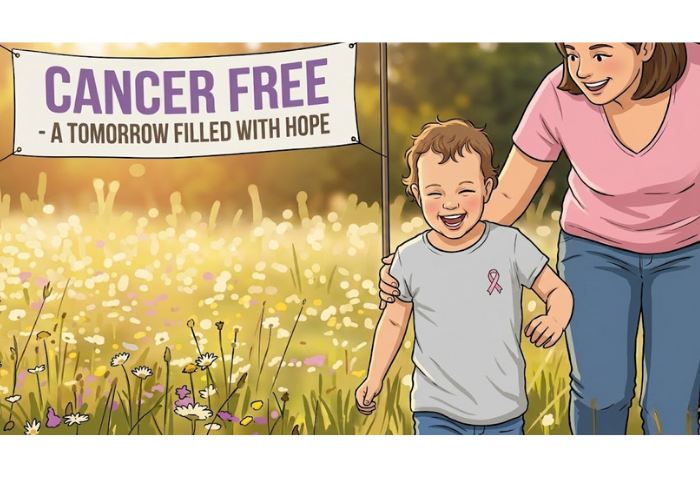

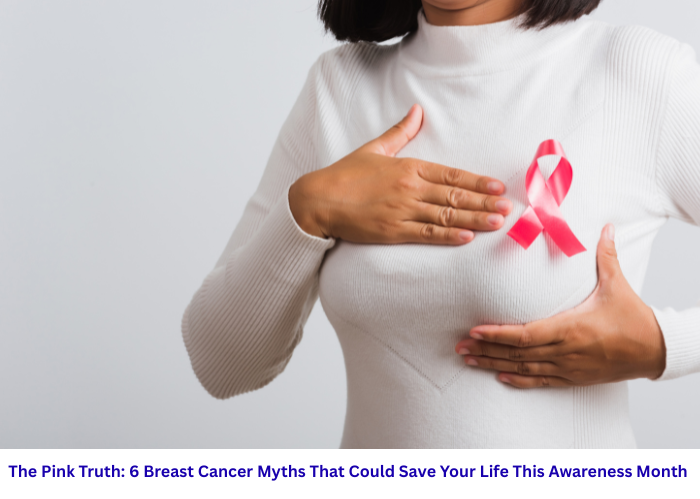
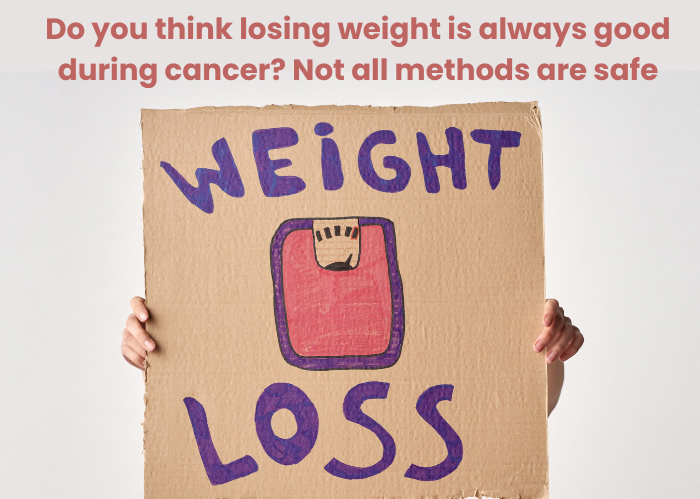
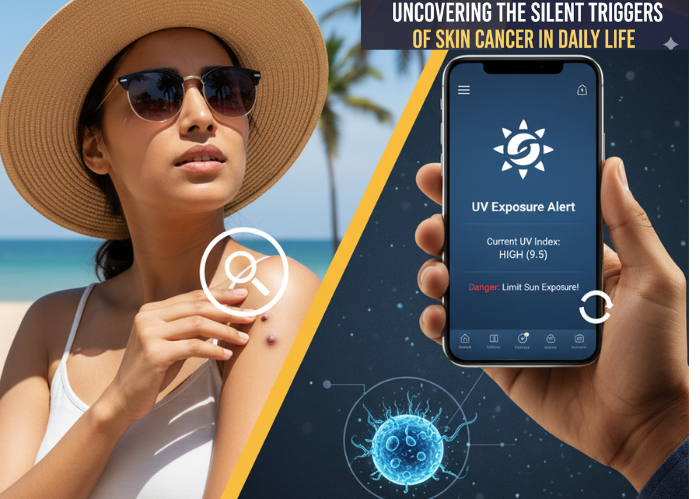
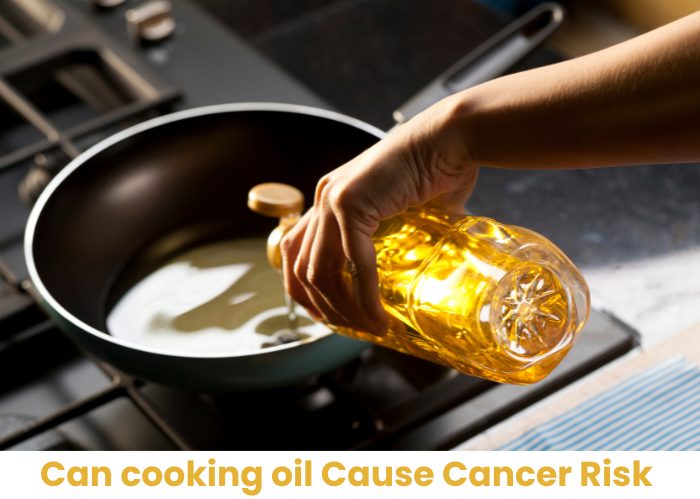
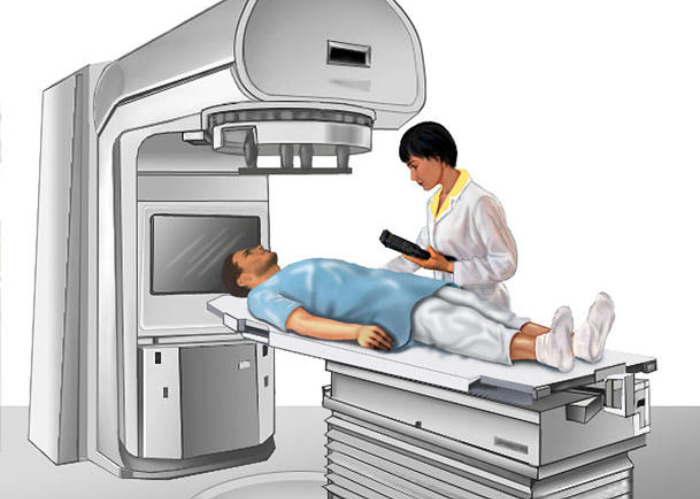
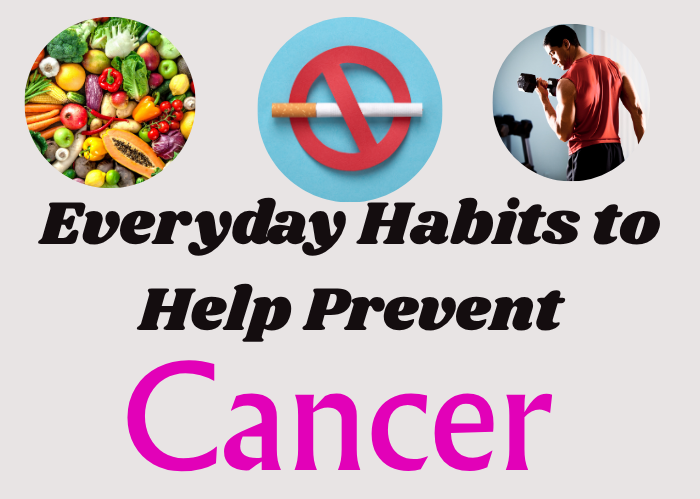
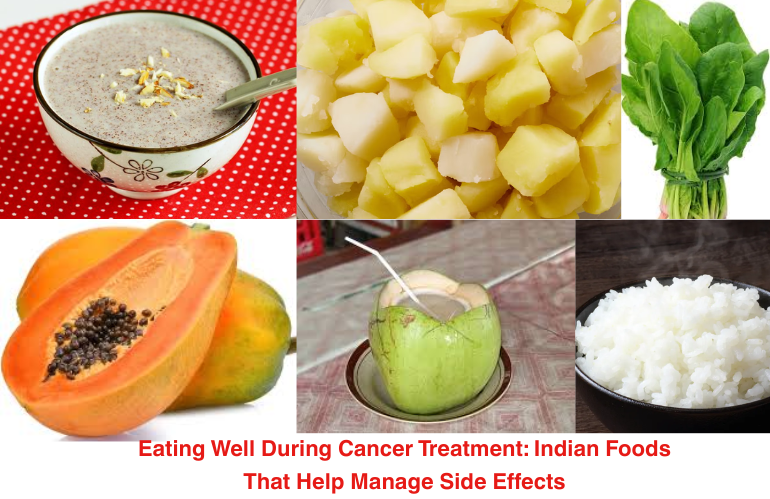
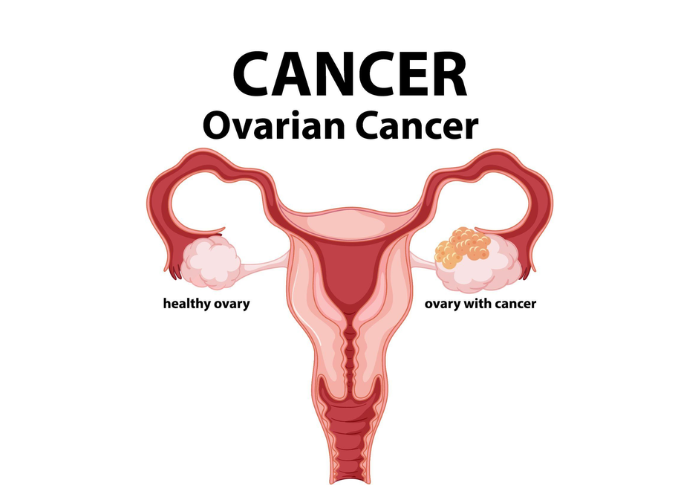
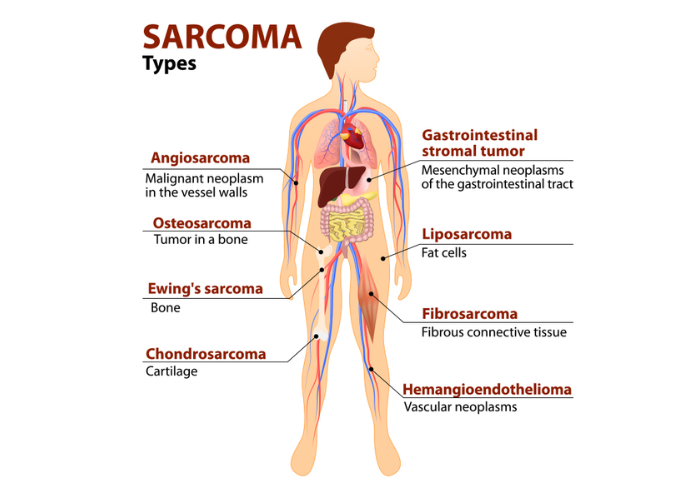
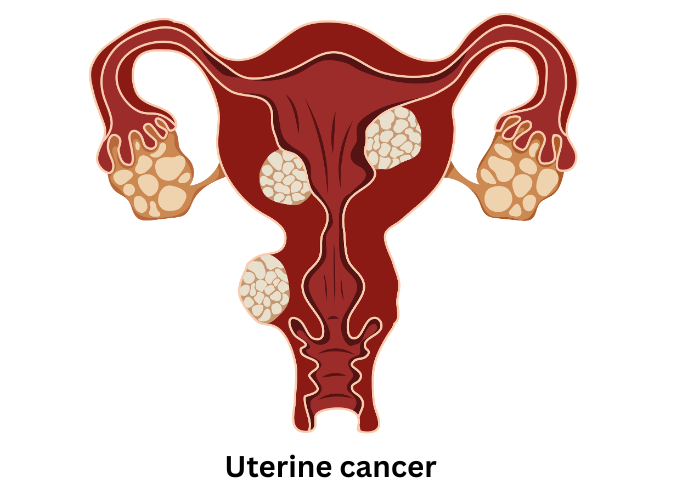
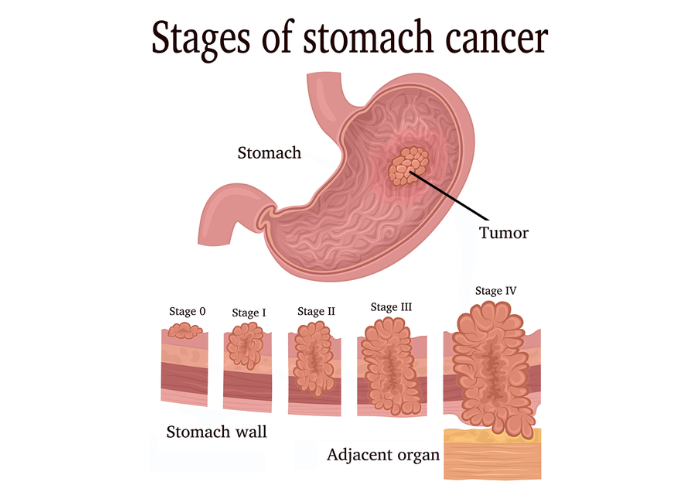
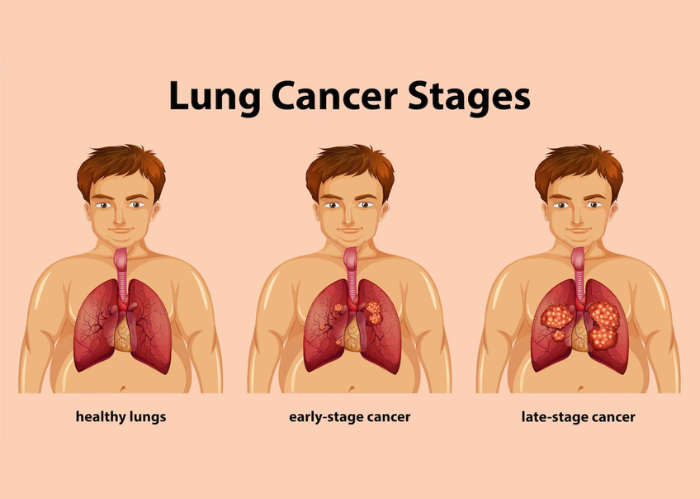

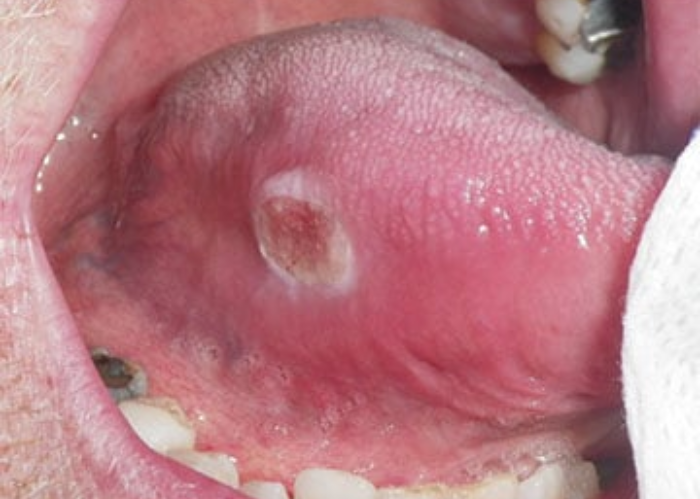
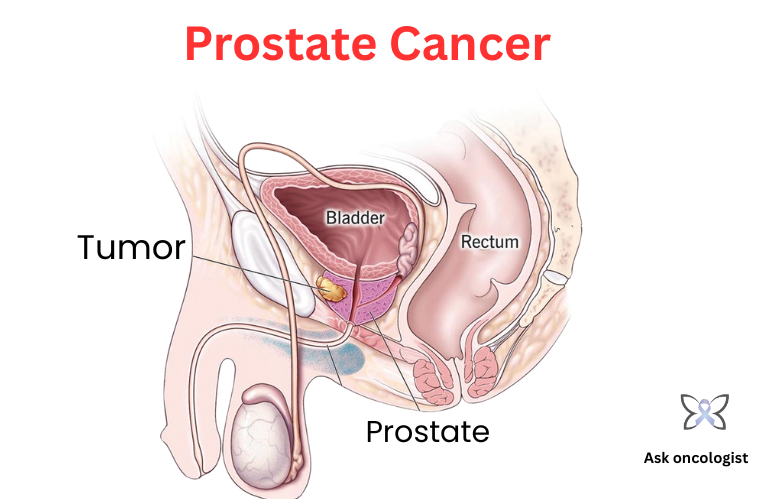
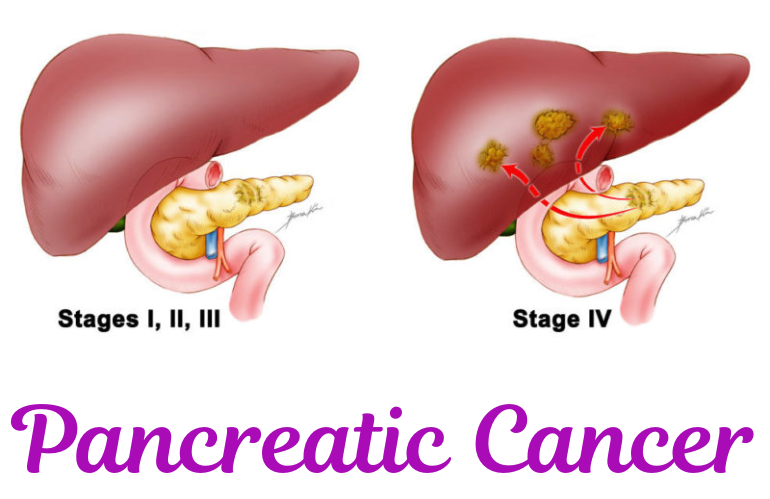
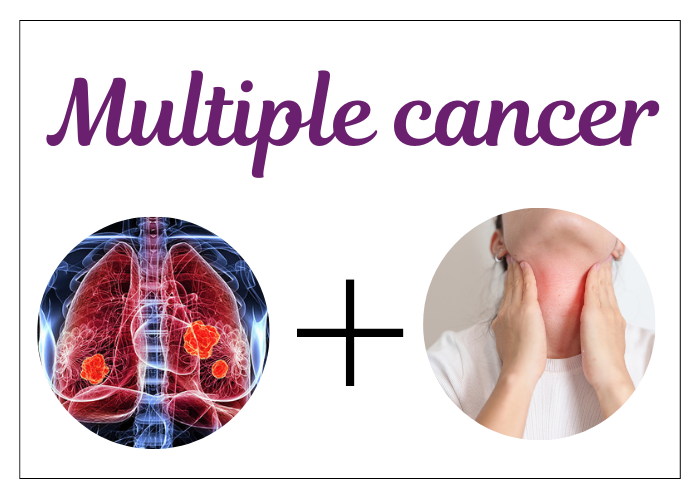
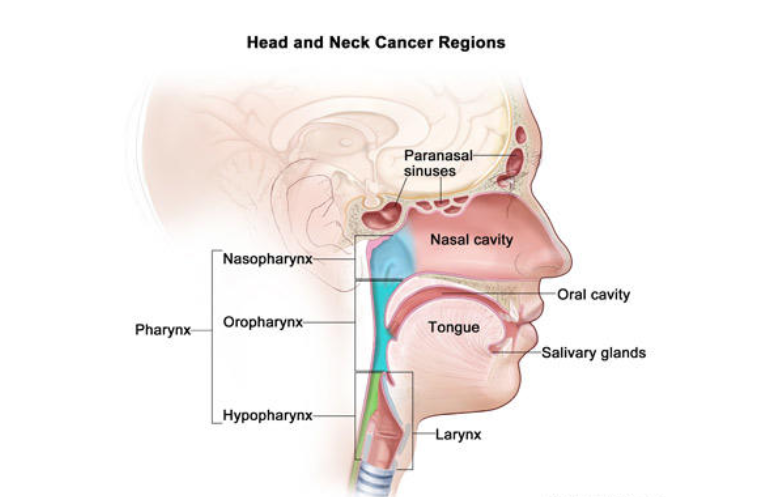
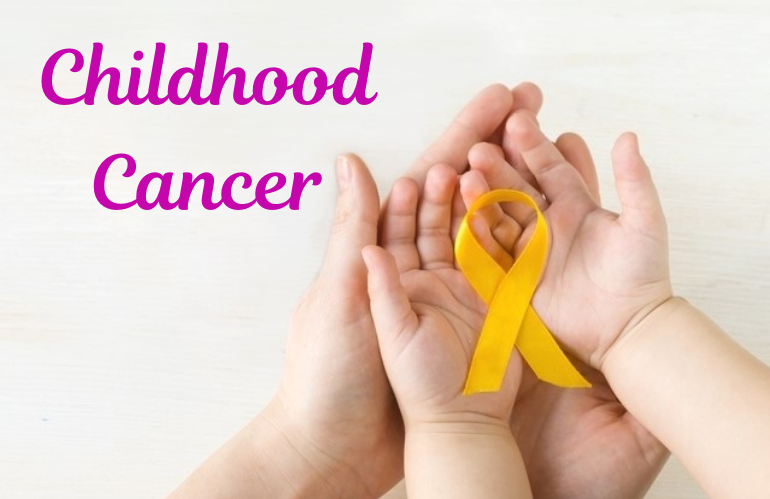
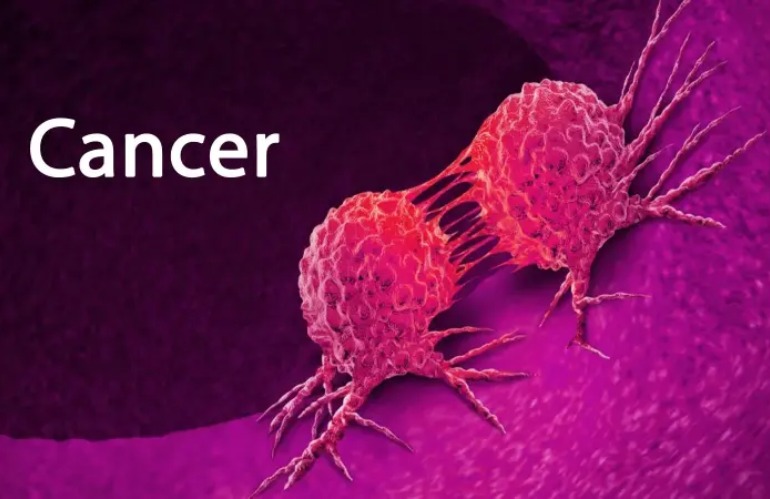
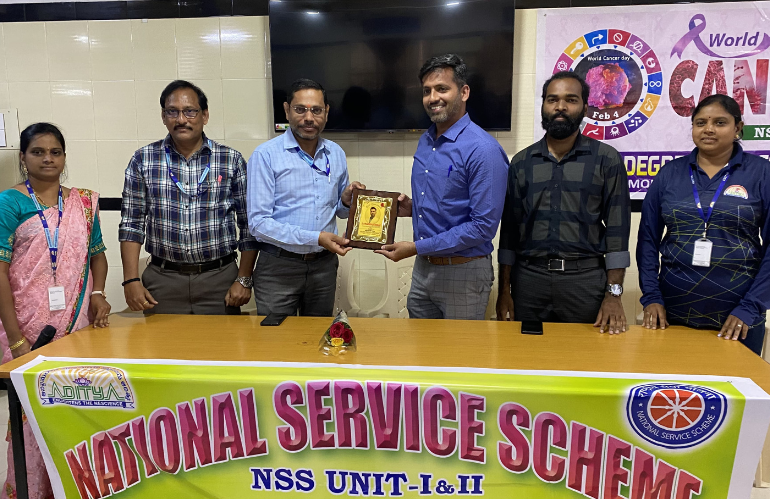
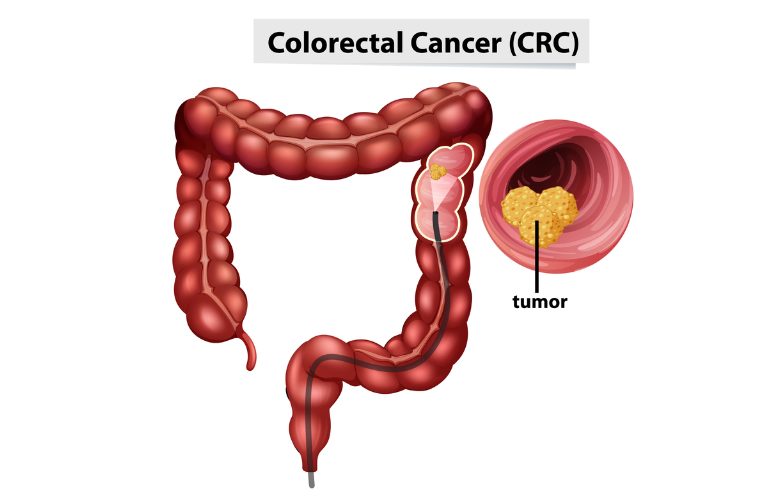
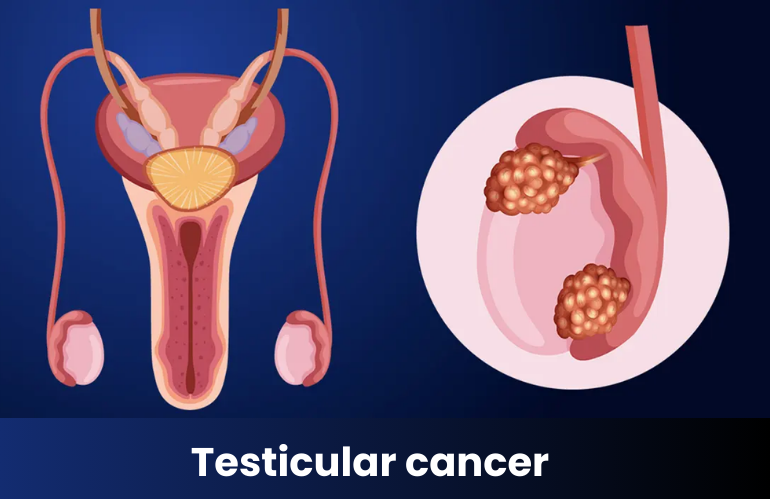
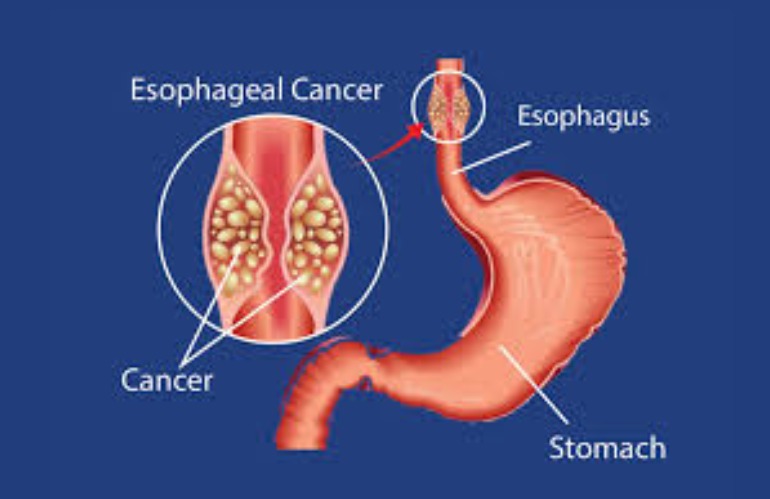
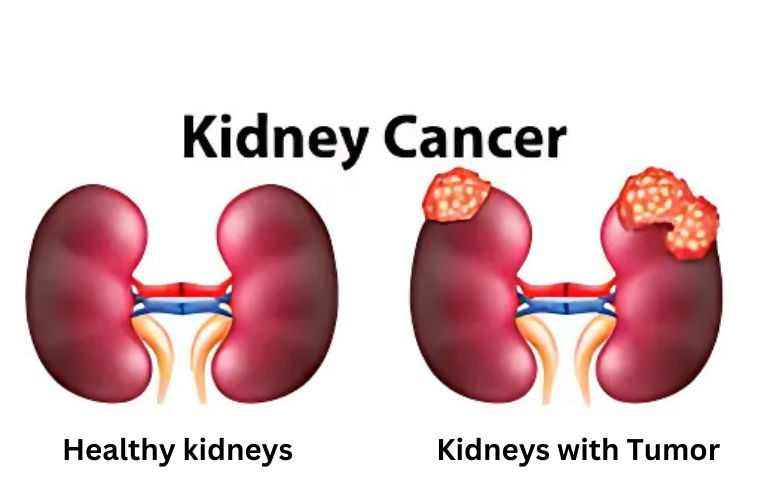
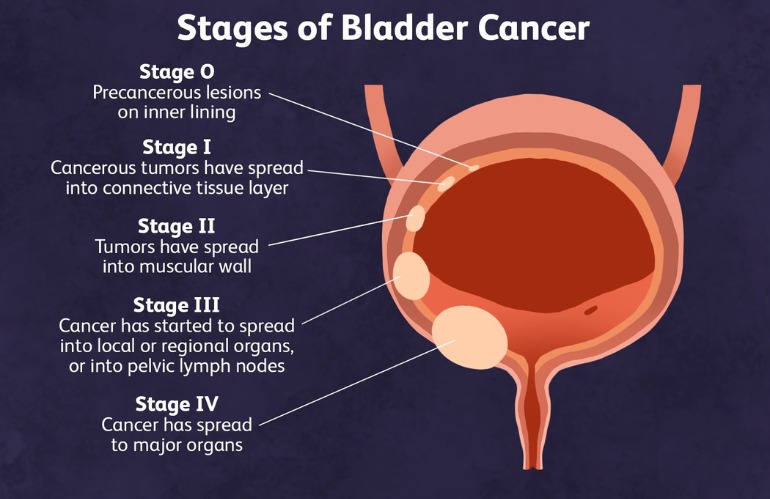
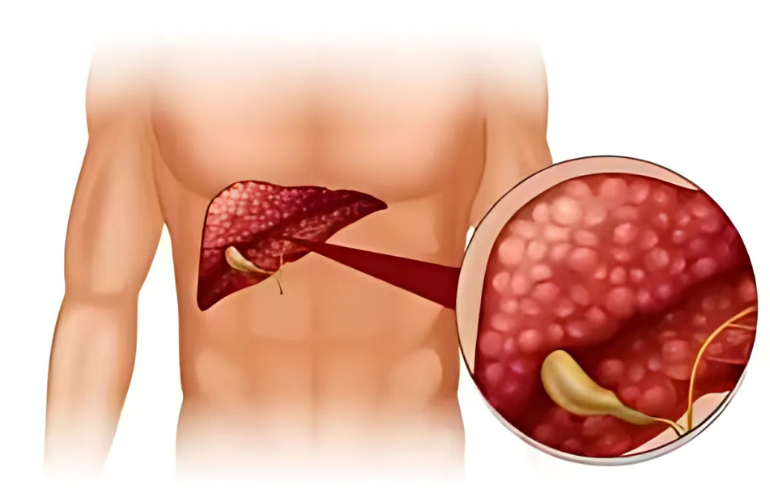
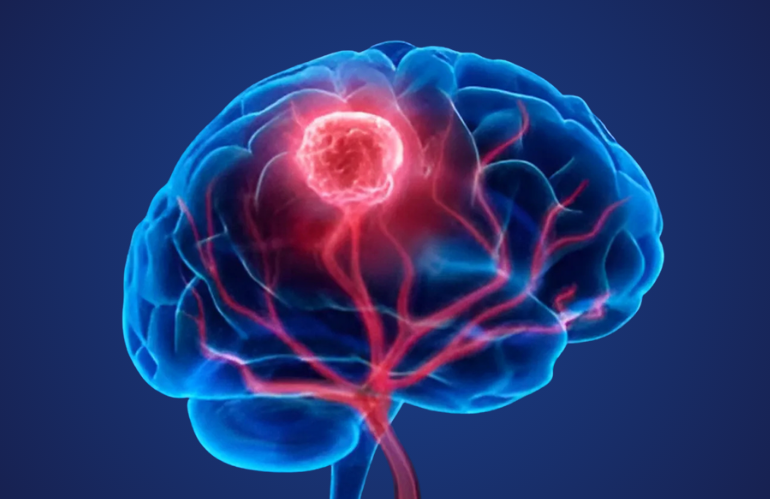
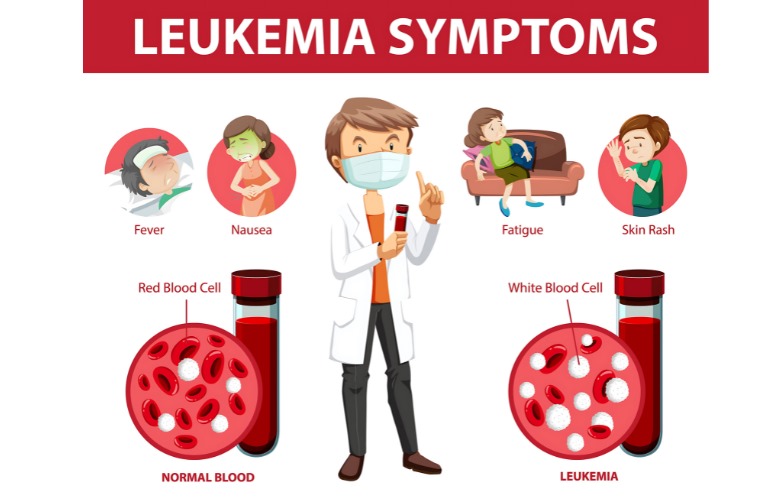
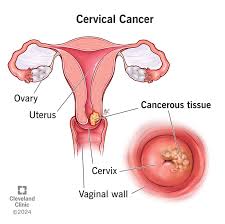
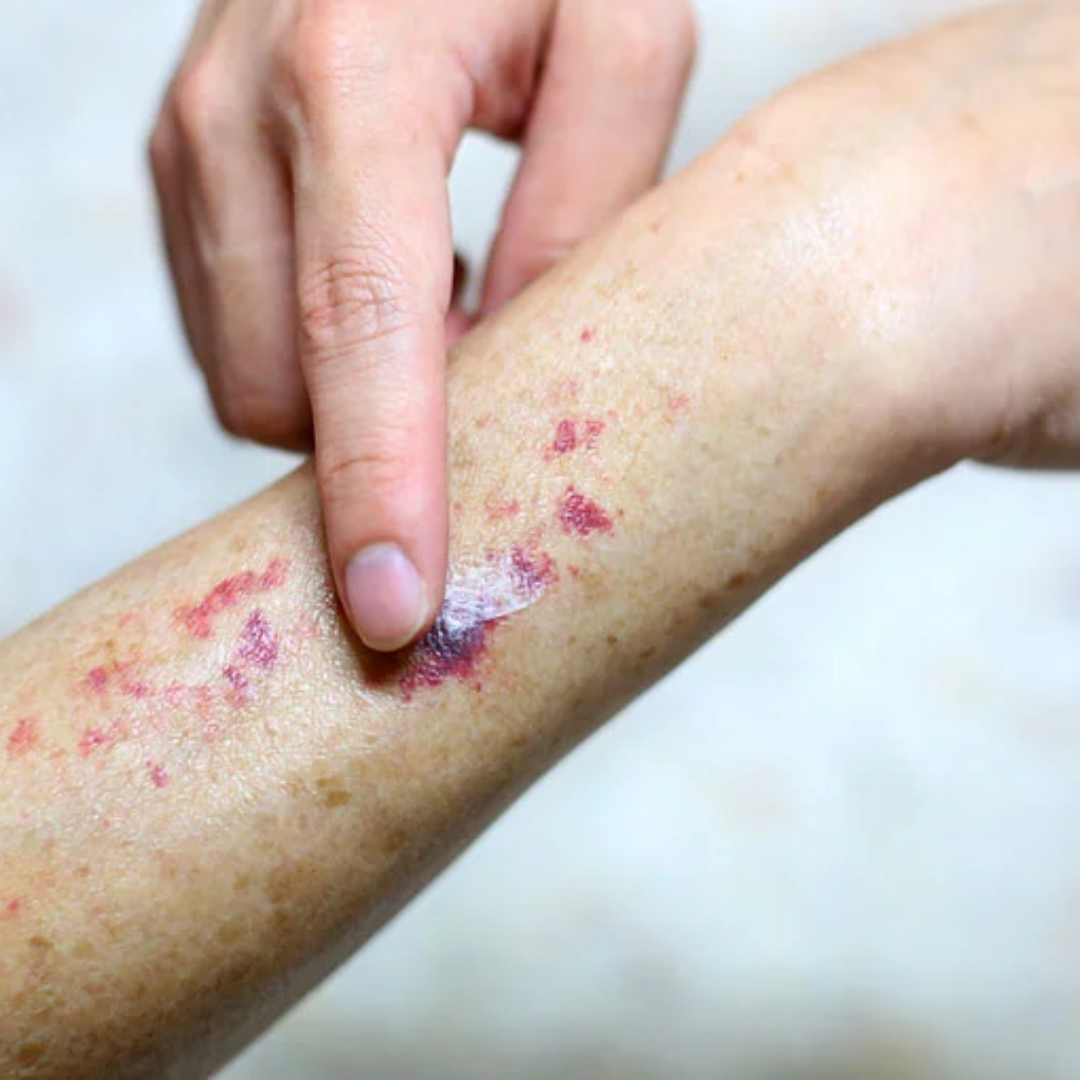
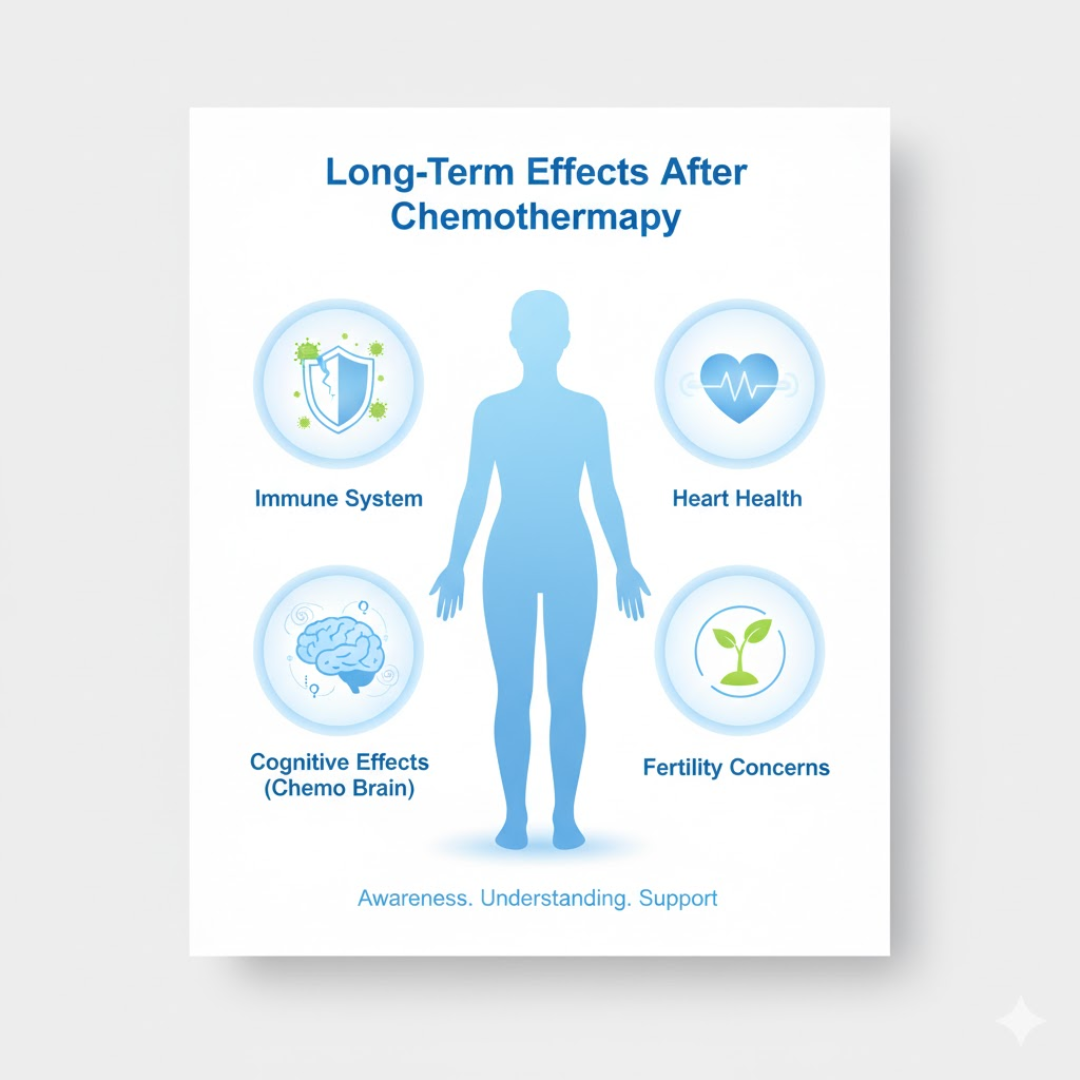
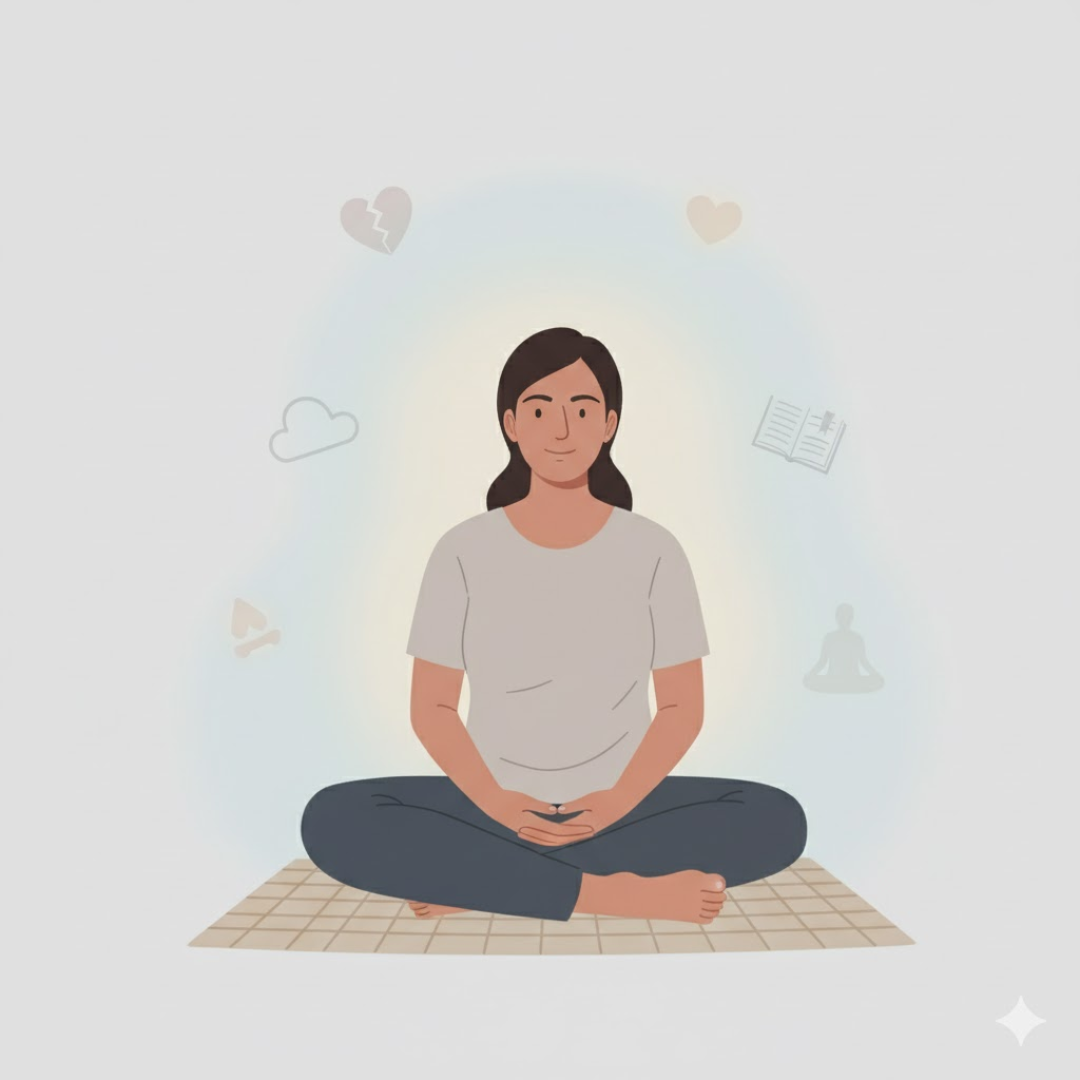




📝 Latest Comments
Name: * * * <a href="http://toyolift.com/?ihpf6v">$3,222 payment available</a> * * * hs=0c211aec7aa79fbb10bbb1714e53cd5a* ххх*
Comment: m36blj
Name: * * * $3,222 credit available! Confirm your transaction here: http://toyolift.com/?ihpf6v * * * hs=0c211aec7aa79fbb10bbb1714e53cd5a* ххх*
Comment: m36blj
Name: * * * <a href="http://toyolift.com/?ihpf6v">$3,222 credit available</a> * * * hs=0c211aec7aa79fbb10bbb1714e53cd5a* ххх*
Comment: vgu05t
Name: * * * $3,222 payment available! Confirm your transfer here: http://toyolift.com/?ihpf6v * * * hs=0c211aec7aa79fbb10bbb1714e53cd5a* ххх*
Comment: vgu05t
Name: * * * <a href="http://toyolift.com/?ihpf6v">$3,222 credit available</a> * * * hs=0c211aec7aa79fbb10bbb1714e53cd5a* ххх*
Comment: qnmsb9
Name: * * * $3,222 payment available! Confirm your transfer here: http://toyolift.com/?ihpf6v * * * hs=0c211aec7aa79fbb10bbb1714e53cd5a* ххх*
Comment: qnmsb9